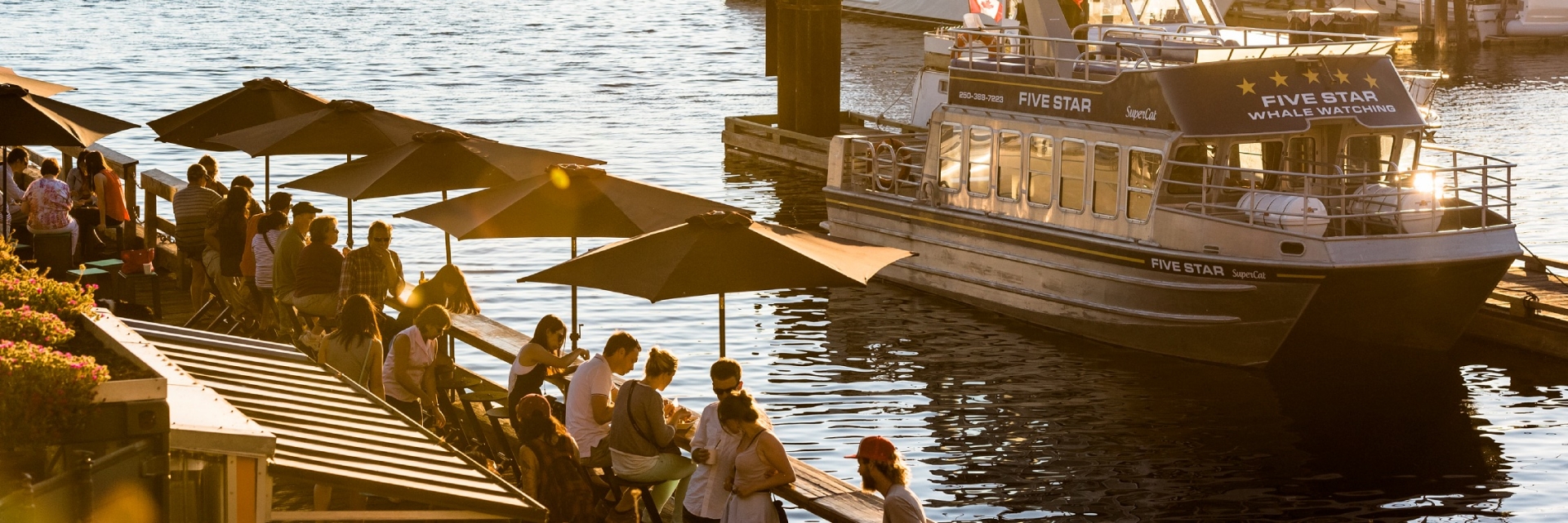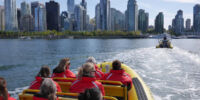
Sustainable Social Media: Managing Visitation to our Natural Places
Parts of BC’s beautiful backcountry and hiking trails have seen an increase in foot traffic over the years. As physical and mental wellness grow as priorities for travellers and locals alike, people are heading outside to reap the health benefits that nature provides. So, it is important to have conversations around destination management and the protection of our natural environment.
Today, the way we interact with the world has fundamentally shifted. Each of us carries a phone, computer, and camera in one smartphone device that’s always connected to the internet. Nature-based trip research and planning is now fast and easy, and we no longer need to refer to printed trail maps with navigation at the tip of our fingers. Many travellers are documenting their experiences and sharing them in real-time with family and friends. Social media is an important source of travel inspiration.
So, how can DMOs and businesses use social media to make a positive impact, or at least minimize, the adverse effects on our natural places?
Here are a few things to consider in a sustainable approach to social media marketing:
Geographic and Seasonal Dispersion
While BC has seen some challenges in different areas during peak season, there are many places across the province that are able to welcome visitors all year round. You can respond to capacity challenges by adjusting promotional messaging through your owned (i.e website, email, blogs, social media, etc), earned (i.e non-paid media coverage, sharing of content from owned social) and paid channels (i.e. digital and print including paid social channels). Don’t promote ‘hot spots’ or areas that are at capacity and adjust your strategy to support geographic dispersion and non-peak seasons to encourage visitors away from busy areas and/or times of year.
Listen to your Community
Regional DMOs, cities, municipalities, and sector and park organizations may be able to provide insight into areas that have capacity for visitors. If you are curating social media content from a third party, ensure that you are doing so responsibly. Work alongside tourism industry and other partners to learn where there may be opportunities or issues to action.
Geotag Responsibly
Some destinations are encouraging the use of generic versus exact location geotags in order to discourage crowds from visiting pristine locations.
Educate the Visitor
Use social media to provide visitors with information they should know, such as how to explore BC’s nature responsibly or leave no trace principles. Connect to organizations such as BC Adventure Smart who are experts in the subject if you’re unsure.

Destination BC includes information and links to resources in our social posts that can assist visitors to minimize their impacts when visiting British Columbia’s wild places.
Transparency
Be transparent in your social posts. If you know a site is heavily visited, then posting an image of an empty space may not be the best approach.
Through thoughtful growth, planning, and marketing, we can continue to ensure that tourism is a force for good in our province, generating benefits for communities and residents, and a great experience for visitors.
Last updated: May 2019





